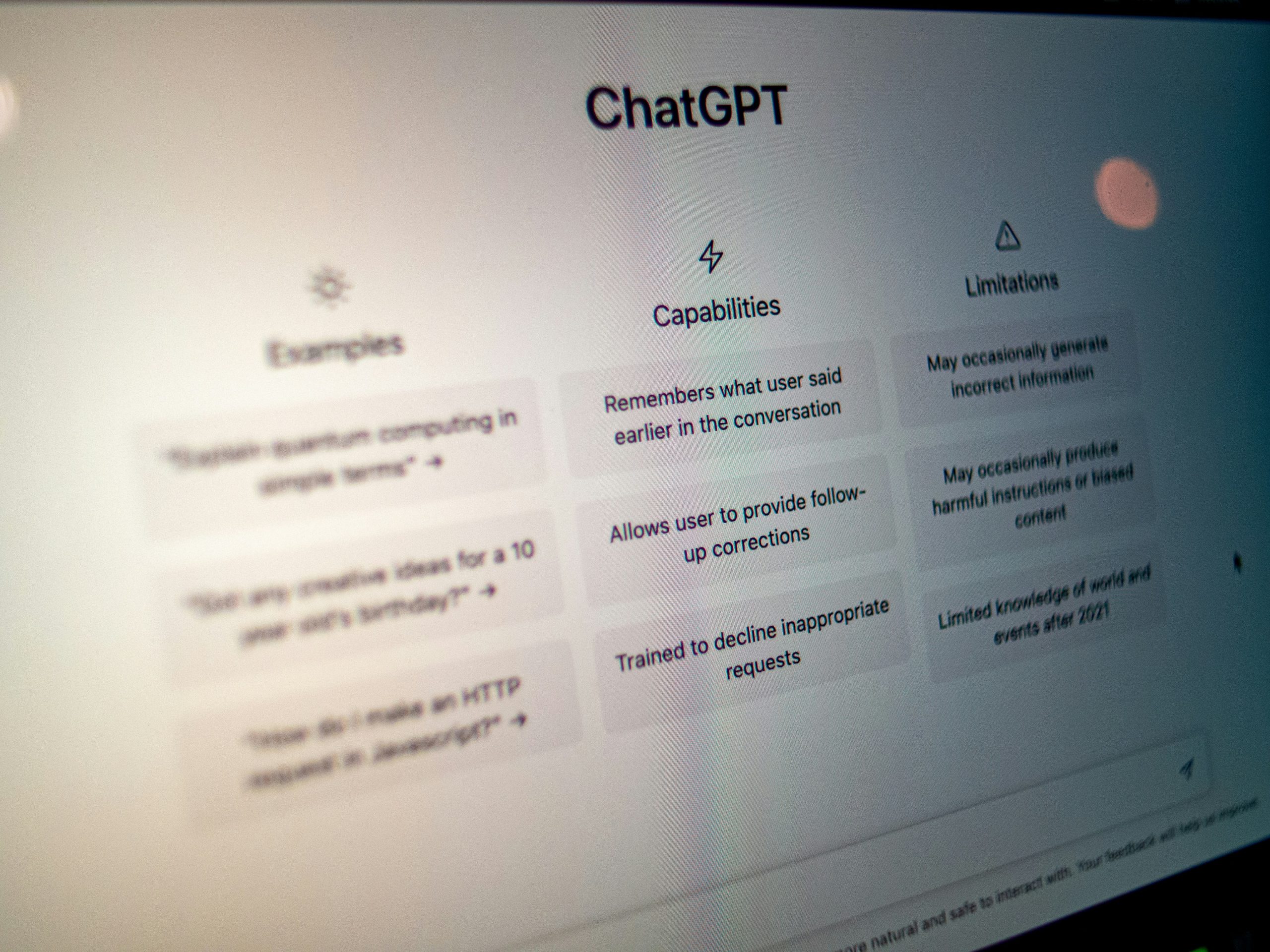In the fast-paced world of marketing, staying ahead of the curve is essential for businesses looking to stand out from the competition. As we step into 2024, artificial intelligence has become an indispensable tool for marketers seeking to streamline their strategies and drive results like never before. The realm of AI tools for marketing is constantly evolving, with new innovations emerging at a rapid pace. In this article, we will explore the top 5 AI tools that are set to revolutionize marketing in 2024 and provide businesses with a competitive edge in an increasingly digital landscape. From personalized customer experiences to advanced data analytics, these cutting-edge tools are reshaping the way marketers engage with their target audiences and achieve unprecedented levels of success. Let’s delve into the future of marketing powered by AI and discover how these tools are reshaping the industry as we know it.
Importance of AI Tools in 2024
In 2024, the significance of AI tools in marketing cannot be overstated. These tools are poised to revolutionize the way businesses understand and engage with their target audience. By leveraging machine learning algorithms, marketers can now access invaluable insights into customer behavior and preferences, allowing for more personalized and targeted campaigns.
Furthermore, AI tools enable real-time data analysis at a scale that was previously unattainable, empowering marketers to make data-driven decisions instantly. This level of agility and efficiency is key in today’s fast-paced digital landscape where trends evolve rapidly. As AI continues to advance, we can expect these tools to become even more sophisticated, driving innovation in marketing strategies and setting new standards for success in the industry.

Chatbots for Customer Engagement
Chatbots have emerged as a game-changer in customer engagement, offering businesses a seamless way to interact with their audience 24/7. These AI-powered bots can provide instant support, answer queries, and even personalize recommendations based on user preferences. By leveraging chatbots for customer engagement, companies can not only streamline their communication processes but also enhance the overall customer experience.
Additionally, chatbots are constantly evolving with advancements in natural language processing and machine learning capabilities. This allows them to understand complex queries and provide more human-like responses, further blurring the line between human agents and automated systems. As customers increasingly seek instant solutions and personalized interactions, chatbots serve as an indispensable tool for businesses looking to stay ahead in today’s competitive market landscape.
Personalization Platforms for Targeting
Personalization platforms have revolutionized the way marketers target their audience. By leveraging AI technologies, these platforms can analyze vast amounts of data to create highly tailored marketing campaigns that resonate with individual consumers. The ability to segment audiences based on behavior, interests, and demographics allows for hyper-targeted messaging that drives engagement and conversion rates.
One key advantage of personalization platforms is their real-time adaptability. These tools can adjust campaign strategies on the fly based on user interactions and feedback, ensuring that marketing efforts remain relevant and effective. Moreover, by delivering personalized experiences across multiple digital channels, brands can build stronger relationships with customers and foster long-term loyalty. As we look towards 2024, personalization platforms will continue to play a crucial role in helping businesses stay ahead in the competitive marketing landscape.

Data Analytics for Insights
Data analytics is at the heart of uncovering valuable insights that drive informed decision-making in today’s hyper-competitive marketing landscape. By harnessing the power of AI tools, marketers can delve deep into large datasets to extract patterns, trends, and correlations that might otherwise remain hidden. These insights offer a goldmine of opportunities for targeted campaigns, personalized messaging, and optimized customer experiences.
One key advantage of data analytics in marketing is its ability to track and analyze consumer behavior across multiple touchpoints. This holistic approach provides a comprehensive view of customer interactions with a brand, allowing marketers to tailor their strategies based on real-time data. Moreover, advanced AI tools can predict future trends and consumer preferences with remarkable accuracy, enabling businesses to stay ahead of the curve and adapt quickly to changing market dynamics.
Predictive Modeling for Forecasting
Predictive modeling is revolutionizing the way businesses forecast market trends and consumer behavior. By leveraging historical data and advanced algorithms, companies can now predict future outcomes with unprecedented accuracy. This predictive power enables marketers to anticipate customer needs, optimize their campaigns, and stay ahead of the competition.
One key advantage of predictive modeling for forecasting is its ability to identify patterns and correlations that human analysts might miss. This allows for more targeted marketing strategies that resonate with customers on a deeper level. Additionally, by continuously refining these models with new data inputs, companies can adapt quickly to changing market conditions and consumer preferences. As AI tools continue to evolve, the potential for even more precise and reliable predictions in marketing becomes increasingly promising.

Voice Search Optimization for SEO
Voice search optimization has become a crucial aspect of SEO strategies in the digital marketing landscape. With the rise of virtual assistants like Siri, Alexa, and Google Assistant, optimizing content for voice search is imperative for businesses to stay ahead. In 2024, utilizing natural language keywords and phrases will be key in transforming how users interact with search engines through their voices. This means that focusing on long-tail keywords and conversational queries will be essential for brands looking to enhance their visibility in voice searches.
Additionally, as AI continues to advance, marketers will need to adapt their SEO tactics to align with evolving algorithms that prioritize context and user intent. Understanding the nuances in how people speak naturally can help optimize content for voice search effectively. Moving forward, businesses must also consider local optimization strategies tailored specifically for voice searches since many users often rely on these services when seeking local information or services. By staying abreast of these trends and optimizing content accordingly, marketers can position themselves strategically in the competitive online marketplace driven by AI technology.
Benefits of Using AI Tools in Marketing
Using AI tools in marketing can revolutionize the way businesses reach their target audience. One significant benefit is the ability to analyze vast amounts of data quickly and accurately, allowing marketers to make data-driven decisions that drive results. AI tools can also personalize marketing campaigns at scale, creating a more personalized experience for customers and increasing engagement.
Furthermore, AI tools can automate routine tasks such as email marketing and social media posting, saving marketers valuable time and allowing them to focus on more strategic initiatives. This automation not only improves efficiency but also ensures consistency in messaging across various channels. Overall, incorporating AI tools into marketing strategies can enhance targeting, personalization, and efficiency while driving better results for businesses in an increasingly competitive market landscape.
Challenges and Considerations
Navigating the realm of AI tools for marketing in 2024 comes with its own set of challenges and considerations. One key challenge is ensuring data privacy and ethical use of AI algorithms, as customers are more conscious than ever about how their data is being handled. Marketers must also grapple with the issue of maintaining a balance between automated processes and human creativity; while AI can streamline tasks, human touch remains essential for creating authentic connections with consumers.
Another significant consideration is the need for continuous learning and adaptation in this fast-evolving landscape. Marketers need to stay updated on the latest trends and technologies in AI to leverage them effectively for their campaigns. Additionally, integrating various AI tools seamlessly into existing marketing strategies poses a technical challenge that requires careful planning and execution. By acknowledging these challenges and considerations upfront, marketers can better harness the power of AI tools to drive successful campaigns in 2024 and beyond.
Conclusion: Embracing AI for Future Marketing Success
In conclusion, the future of marketing success lies in the seamless integration of AI technologies. Embracing artificial intelligence allows businesses to tap into valuable insights, streamline operations, and deliver personalized experiences at scale. By leveraging AI tools such as predictive analytics, chatbots, and automated content generation, marketers can not only enhance efficiency but also stay ahead of evolving consumer demands.
Furthermore, the intersection of data analytics and machine learning opens up new possibilities for targeted advertising and customer segmentation. Brands that harness AI capabilities will be better equipped to adapt to market shifts swiftly and create impactful campaigns that resonate with their target audience. As we look towards 2024 and beyond, embracing AI for marketing is not just a choice but a necessity for those who aspire to thrive in an increasingly competitive landscape.
